Two worlds, two identities: the soul of the modern and oriental carpets
Choosing between a modern and an oriental rug means deciding which visual language you want to adopt for your home. The former speaks of contemporaneity, minimalism, or bold geometrics. The latter tells a thousand-year-old story of symbols, culture, and craftsmanship. Both have value and potential, but they adapt to very different contexts.
What is a modern rug: aesthetics and functionality
Modern carpets are distinguished by:
-
Essential or experimental design
-
Neutral colors or bright, trendy palettes
-
Geometric, abstract or monochromatic motifs
-
Wide choice of materials: wool, viscose, polyester, recycled fibres
They're perfect for contemporary, minimalist, industrial, or Scandinavian spaces. Often designed to blend in with existing furnishings without overpowering them, they add a touch of freshness and functionality.

What is an Oriental Rug: Symbols and Tradition
Oriental rugs , such as Persian, Turkish, Caucasian or Afghan ones, are true works of art:
-
Handcrafted using ancient techniques
-
Floral motifs, medallions, complex borders
-
Intense and deep colors: red, blue, gold, ivory
-
Noble materials such as wool or silk
Each oriental rug has a unique identity. It fits well in classic, eclectic, or boho chic interiors, but often also provides a refined contrast in modern settings.
In which rooms should a modern rug be placed?
-
Open space living room : with clean lines and a neutral palette
-
Study or home office : with geometric patterns to aid concentration
-
Minimal bedroom : in soft or monochromatic colors
-
Lofts and industrial spaces : with abstract textures and technical materials
Modern rugs enhance a space without weighing it down, offering comfort and a balanced design.
In which rooms should an oriental rug be placed?
-
Elegant or vintage living rooms : where it can dominate the scene
-
Libraries or reading rooms : for a warm and cultured atmosphere
-
Romantic or boho bedrooms : with Persian rugs or kilims
-
Hallways and entrances : with oriental runners for a regal touch
Even in contemporary contexts, an oriental rug can be the disruptive element that gives character.

Pros and cons of modern rugs
Advantages:
-
Versatile and easy to match
-
Often cheaper
-
Available in many sizes and materials
-
Easy to integrate into interior design projects
Disadvantages:
-
Less artisanal value
-
Design that can go out of fashion
-
Variable duration depending on the materials
Pros and cons of oriental rugs
Advantages:
-
Craftsmanship and cultural value
-
High resistance and longevity
-
Uniqueness of each piece
-
Growth in value over time (if authentic)
Disadvantages:
-
Highest price
-
They require more care and maintenance
-
More challenging design to integrate into modern furnishings
Combining modern and oriental rugs in the same room: is it possible?
Yes, with balance and good taste. Placing an oriental rug in a modern setting creates contrast and refinement. Conversely, a modern rug in a room with antique furniture can lend a sense of lightness. The secret is to balance colors, materials, and proportions. Use connecting elements like pillows, curtains, or paintings.

Price and value over time: investment or convenience?
A modern rug is often a more practical and economical choice, designed for a shorter lifespan. Oriental rugs, on the other hand, represent a true investment, both emotional and financial. They can last a home for decades, become collector's items, or be passed down through generations.


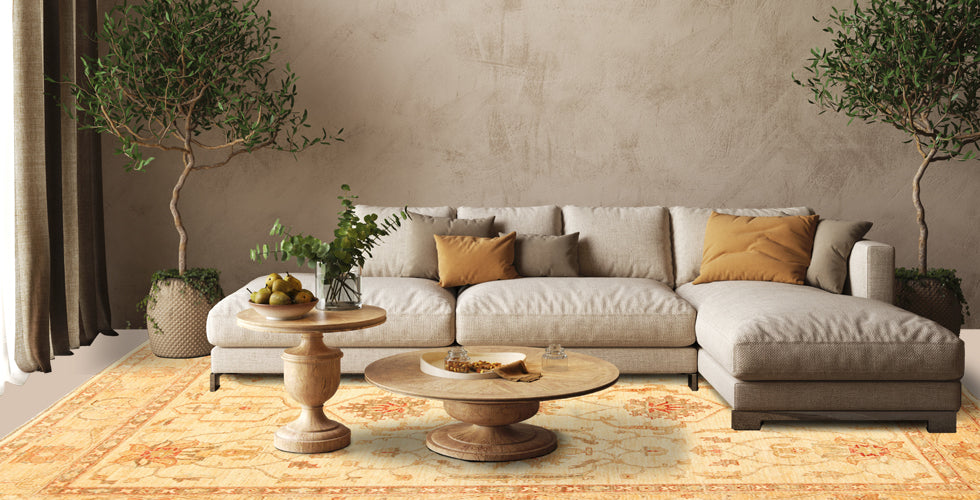
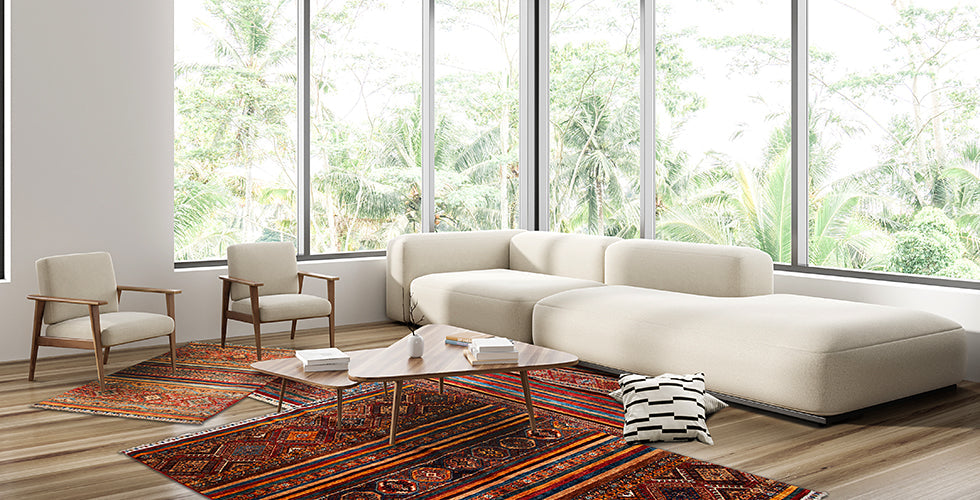
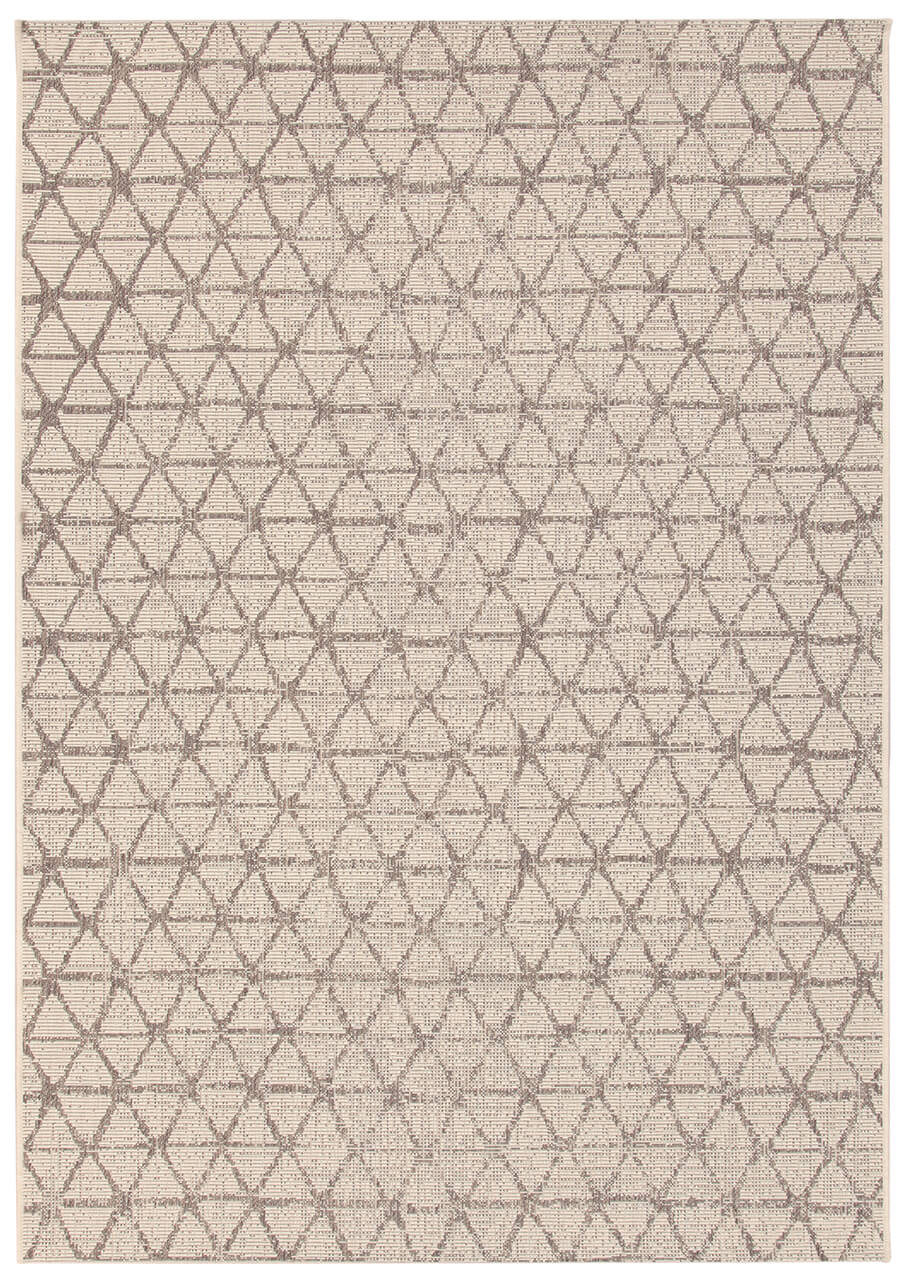
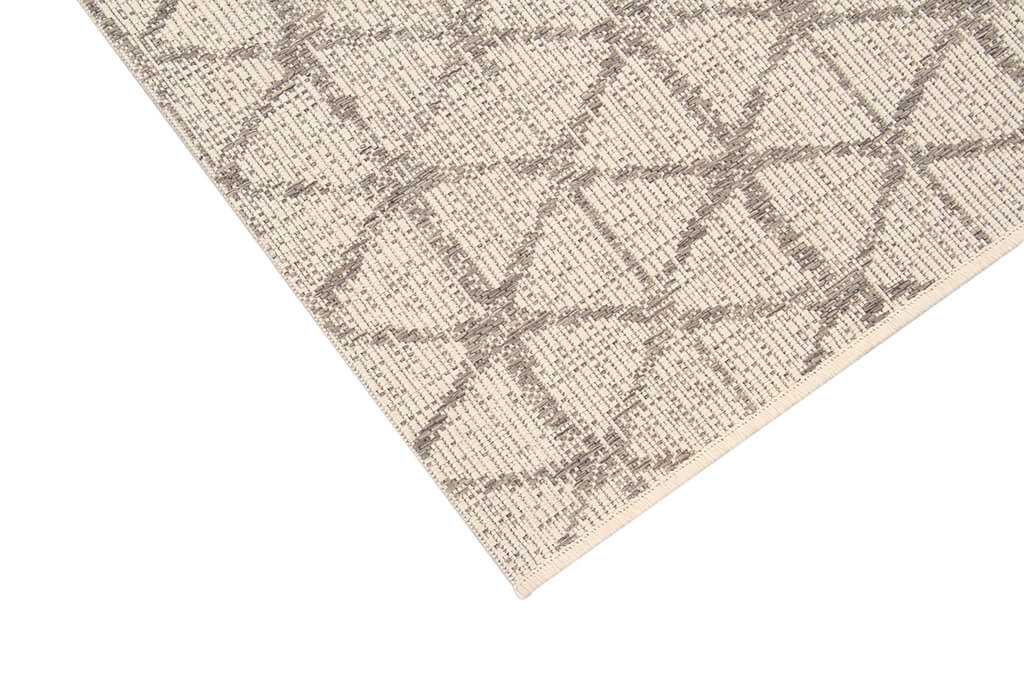
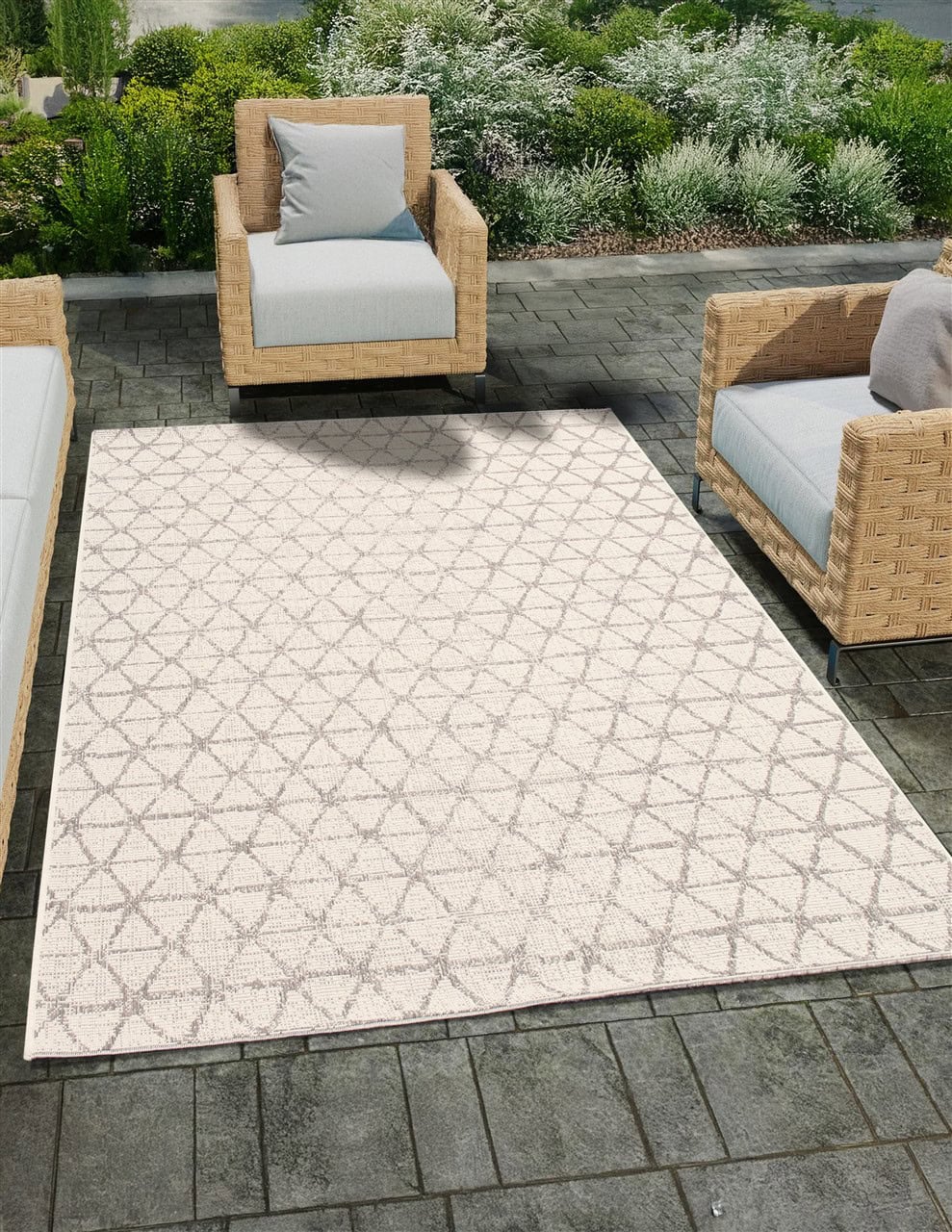
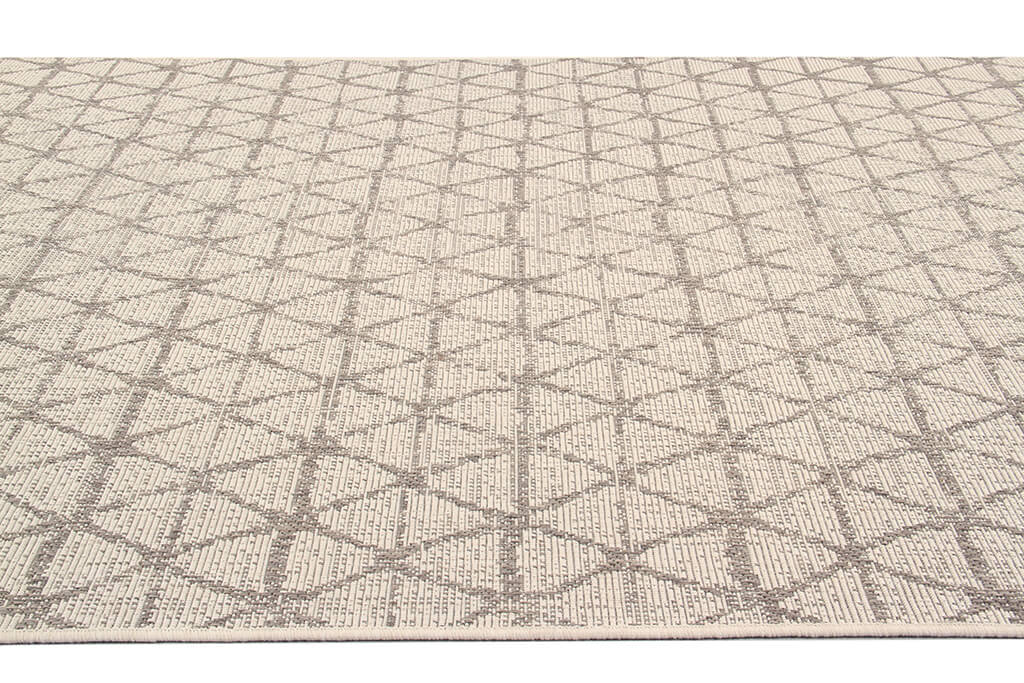
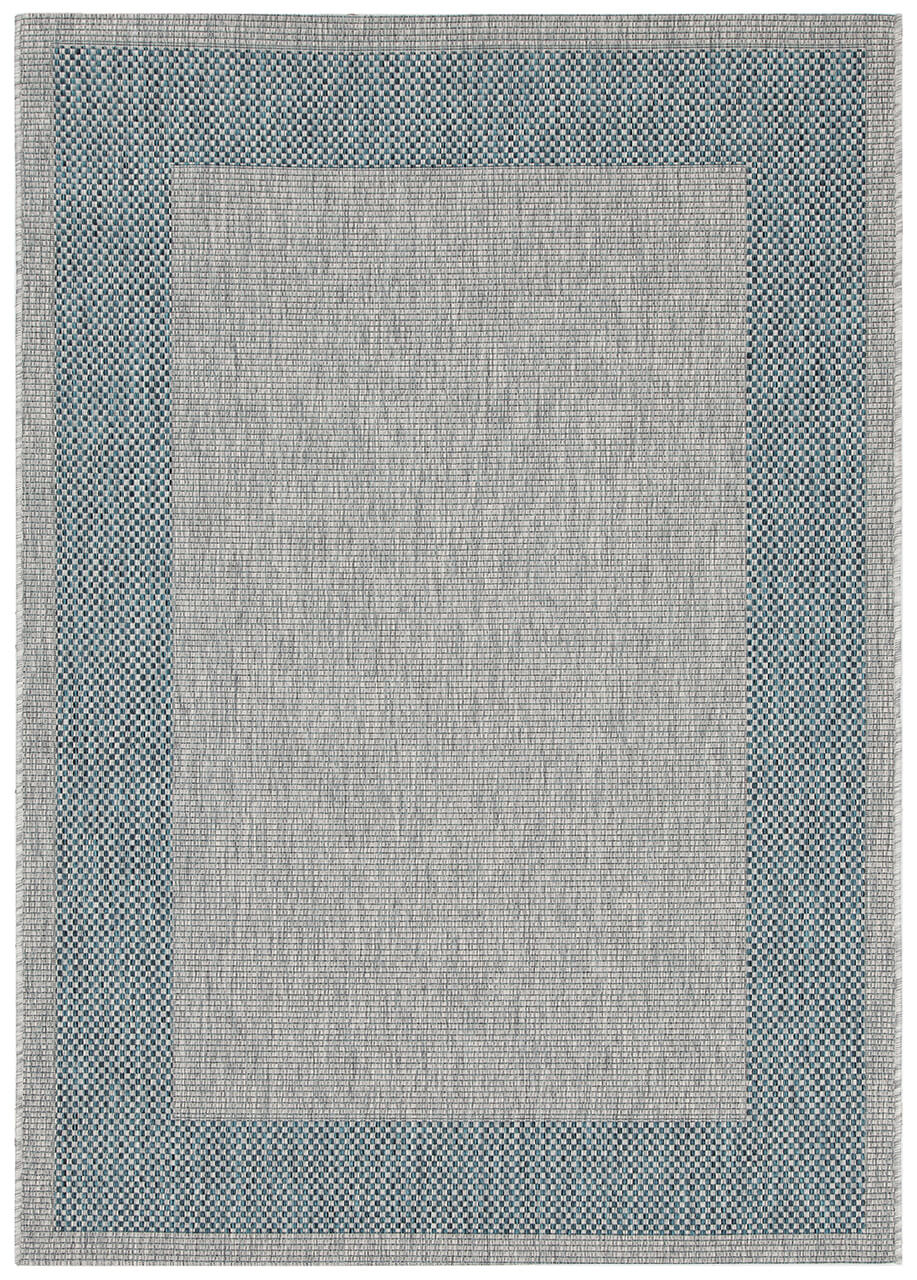
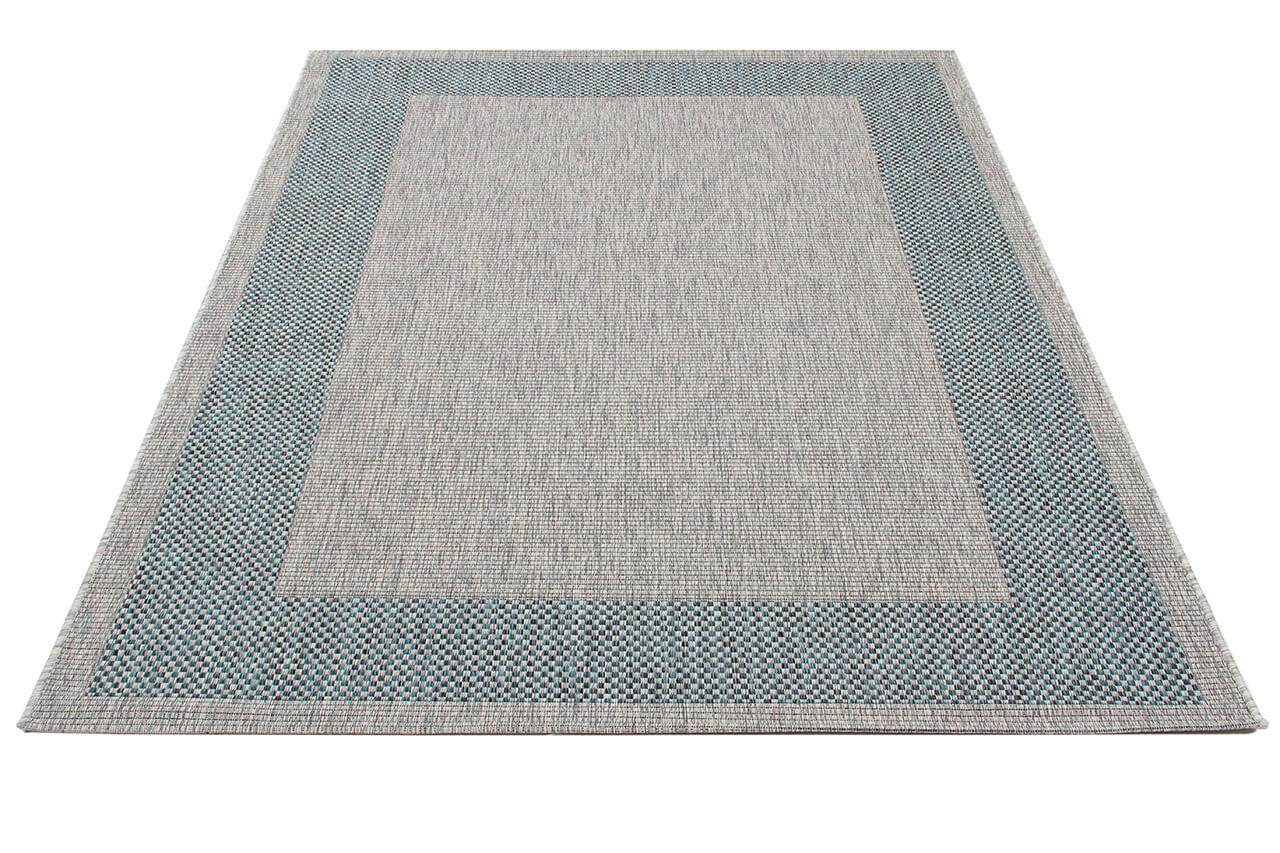
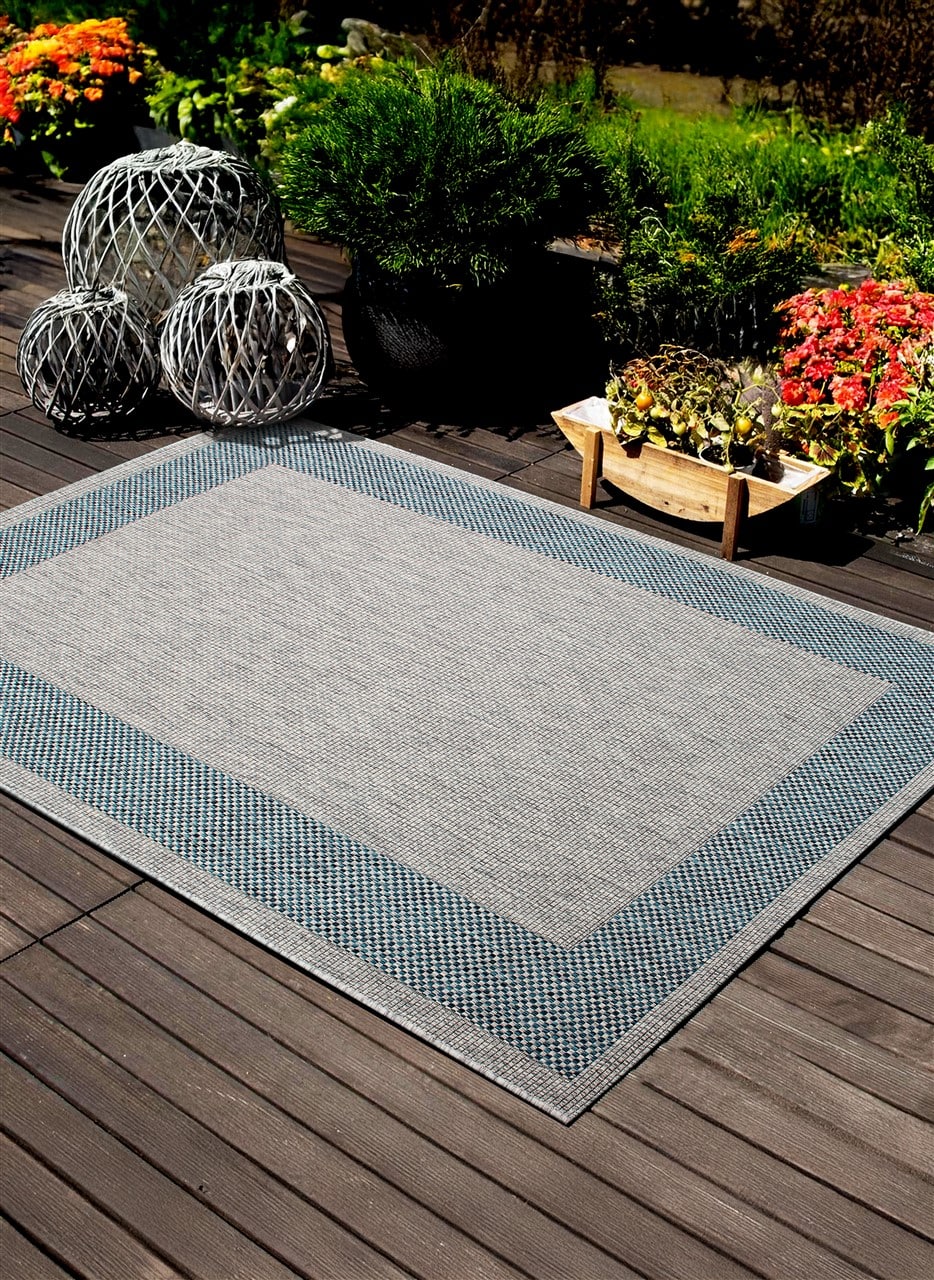
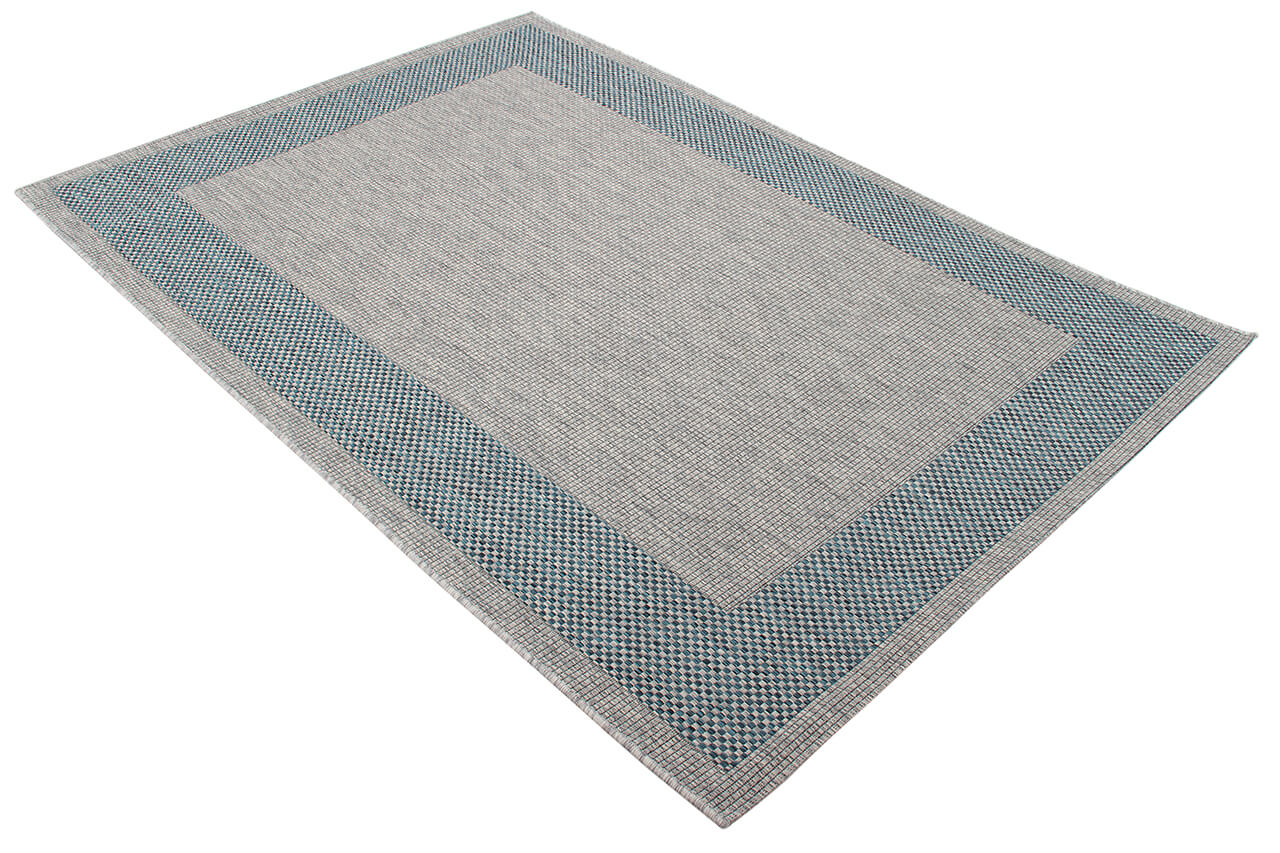
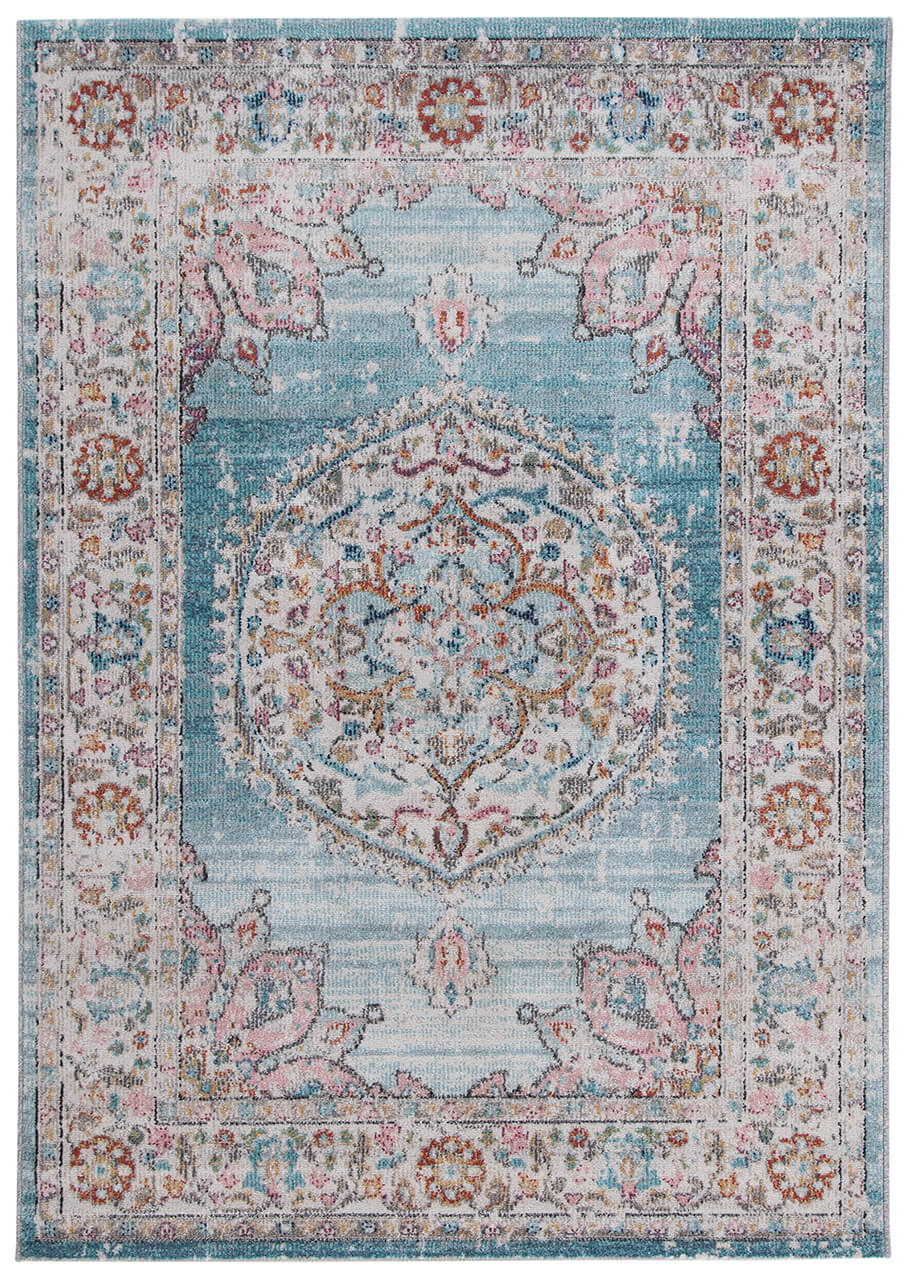
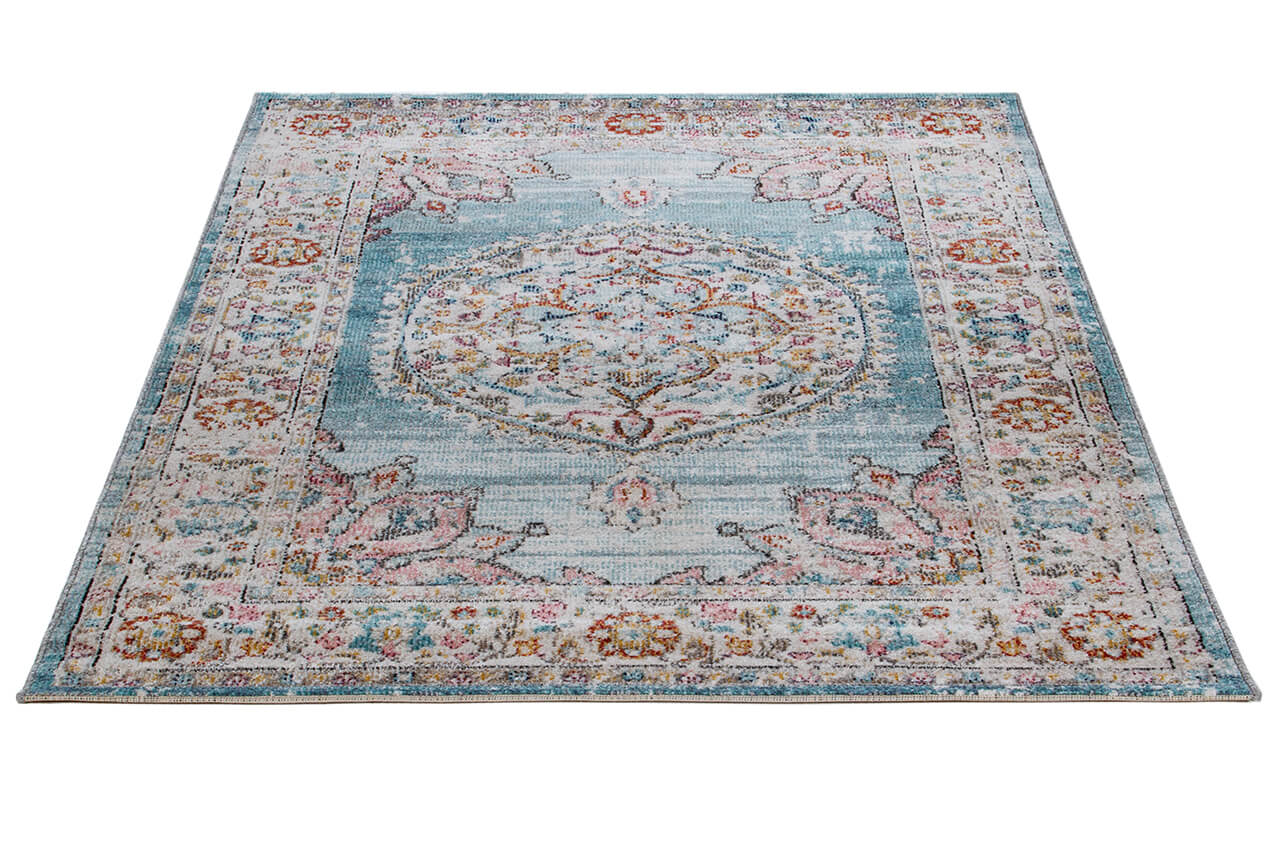
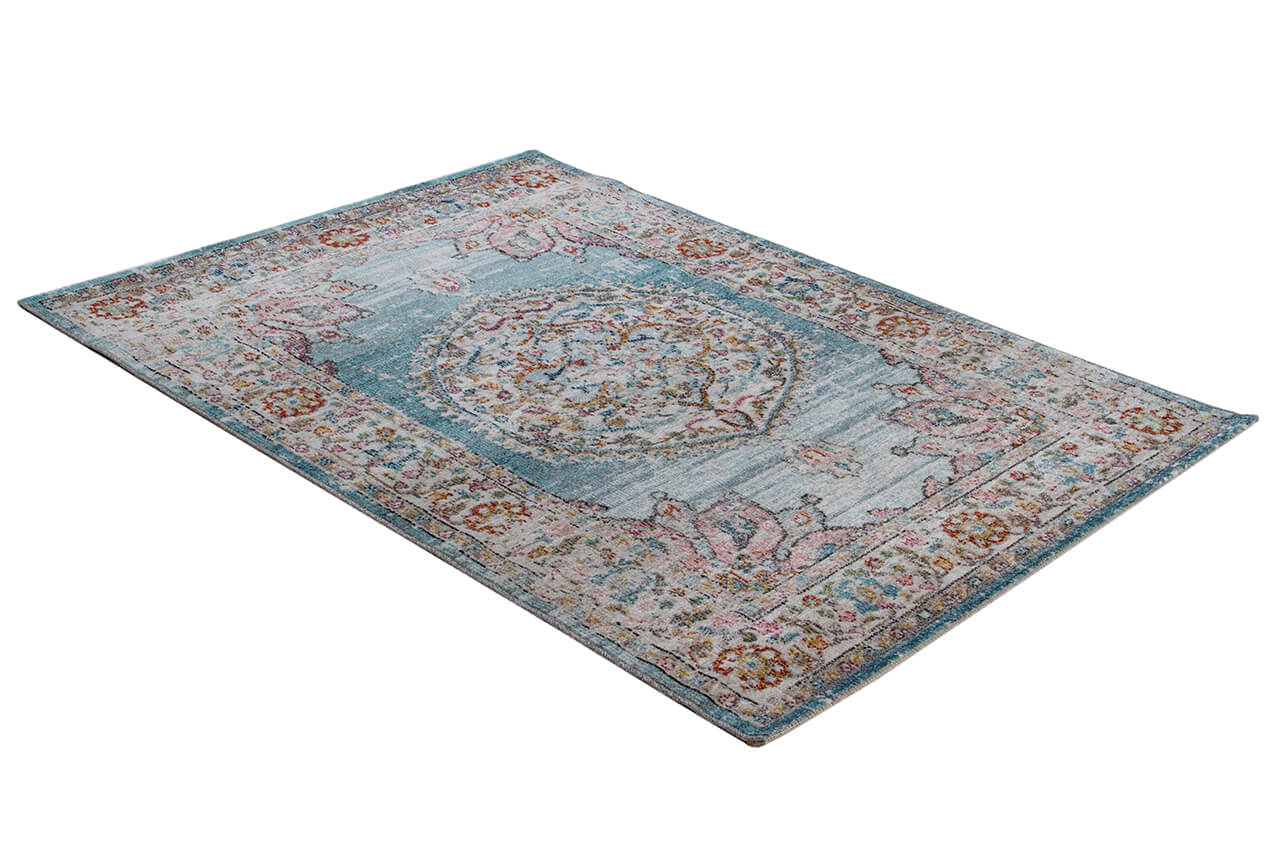
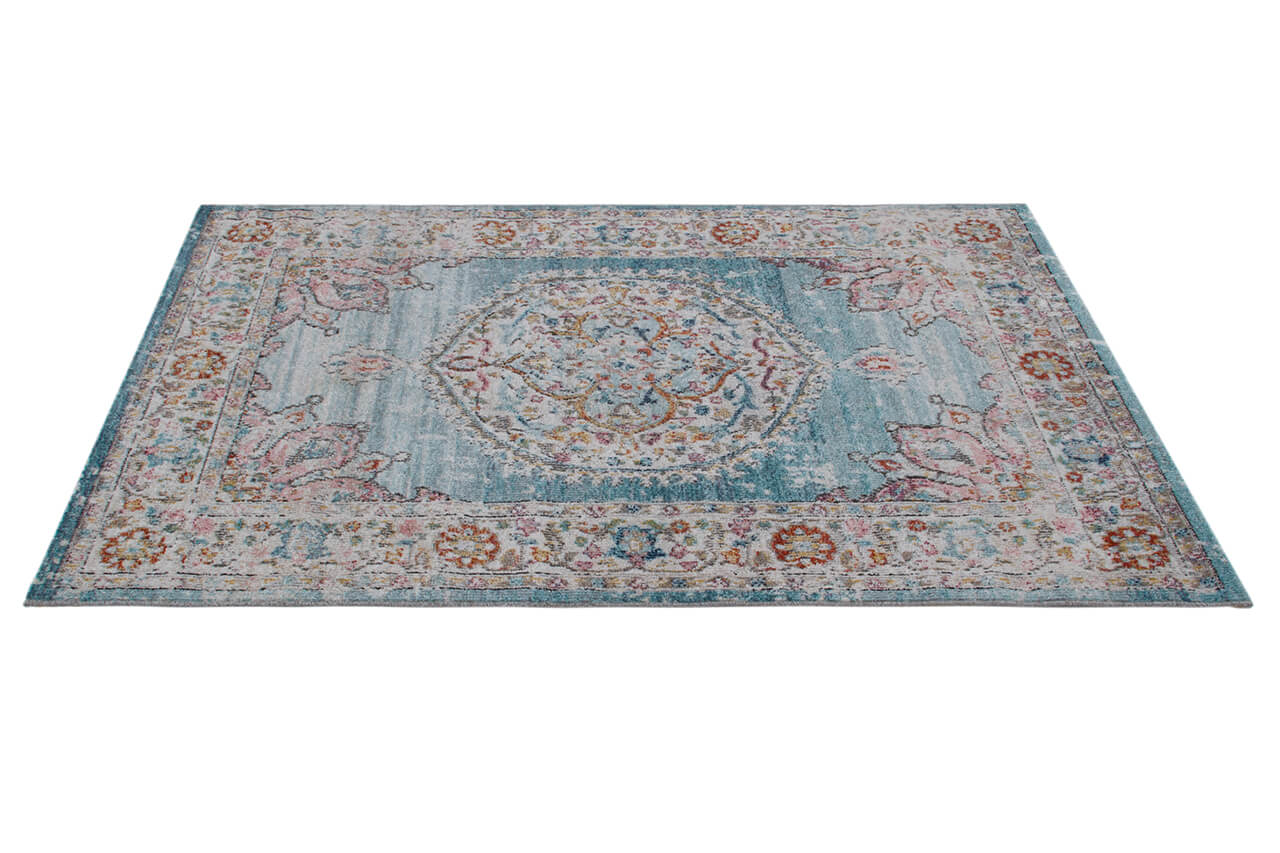
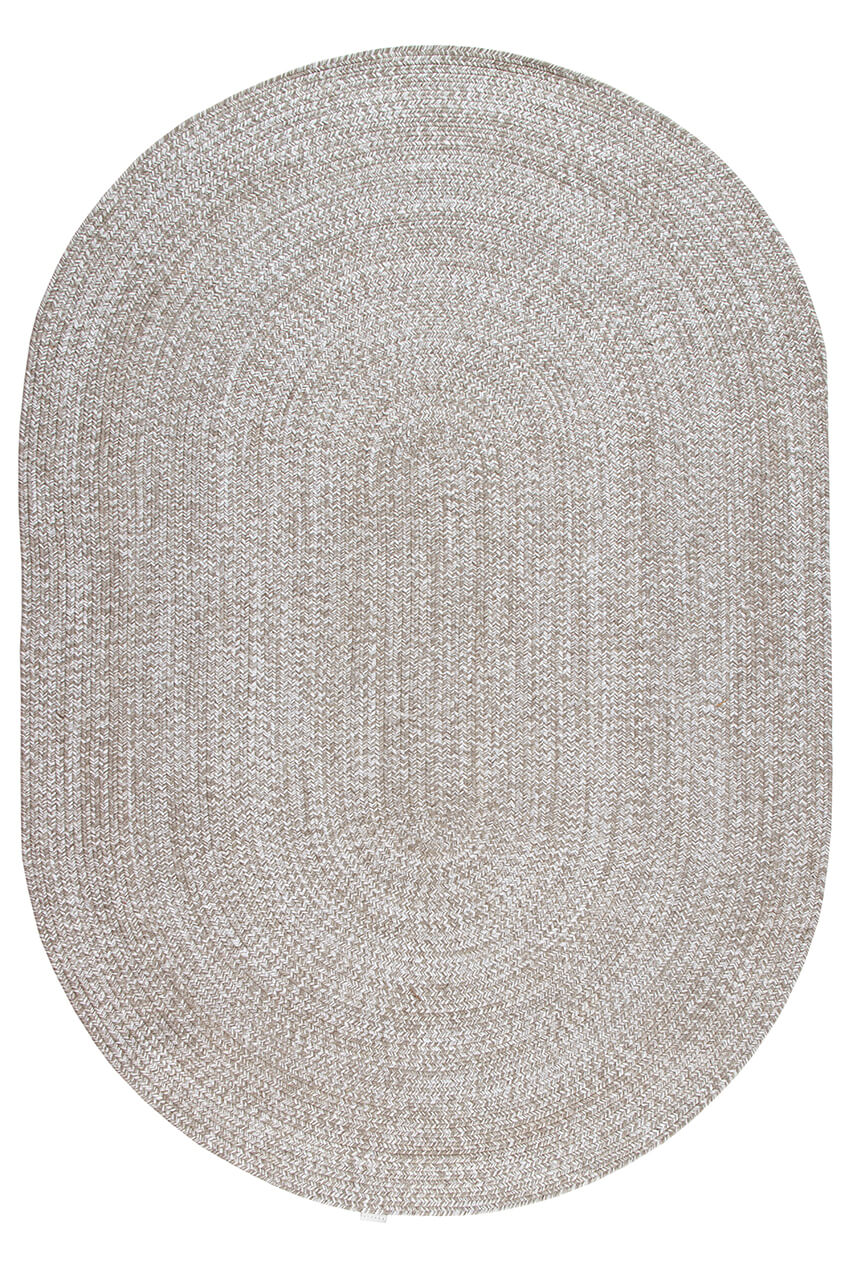
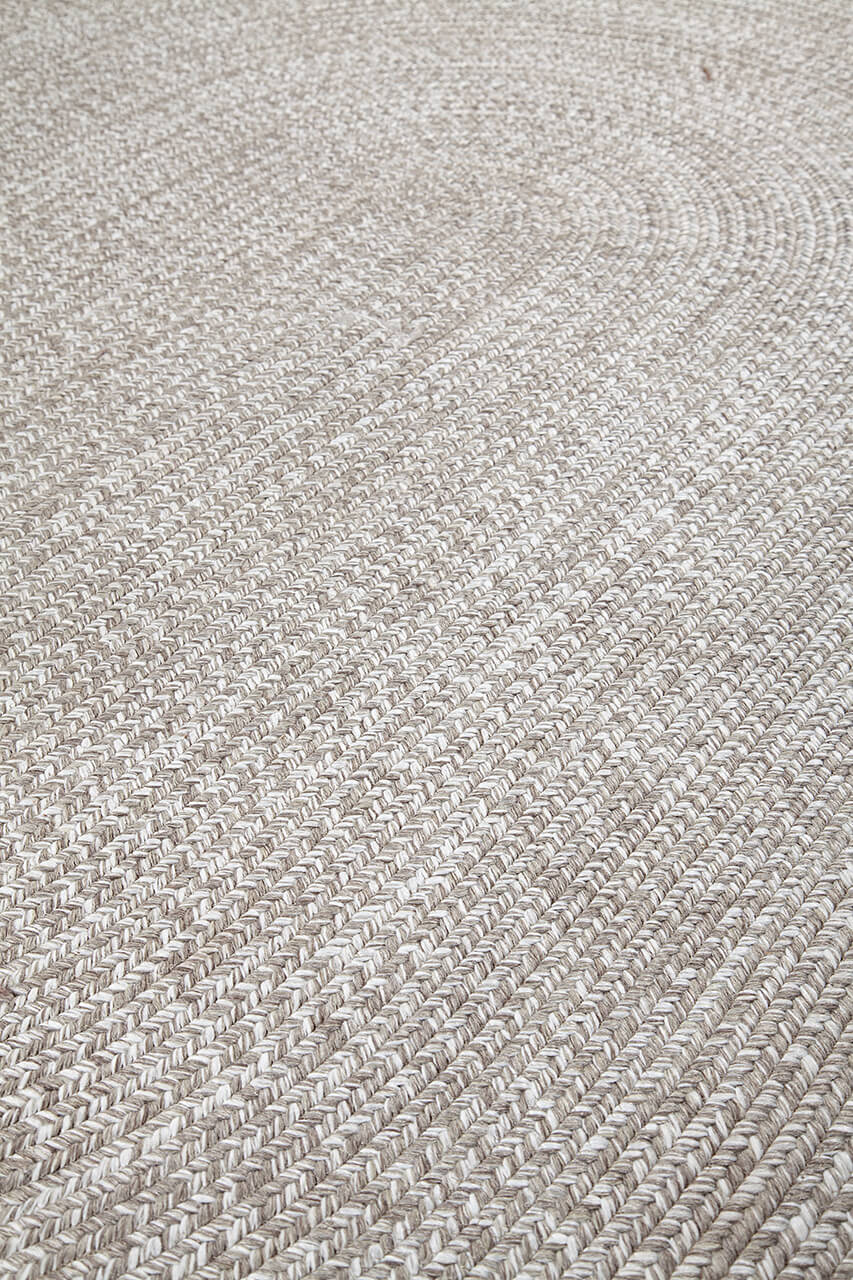

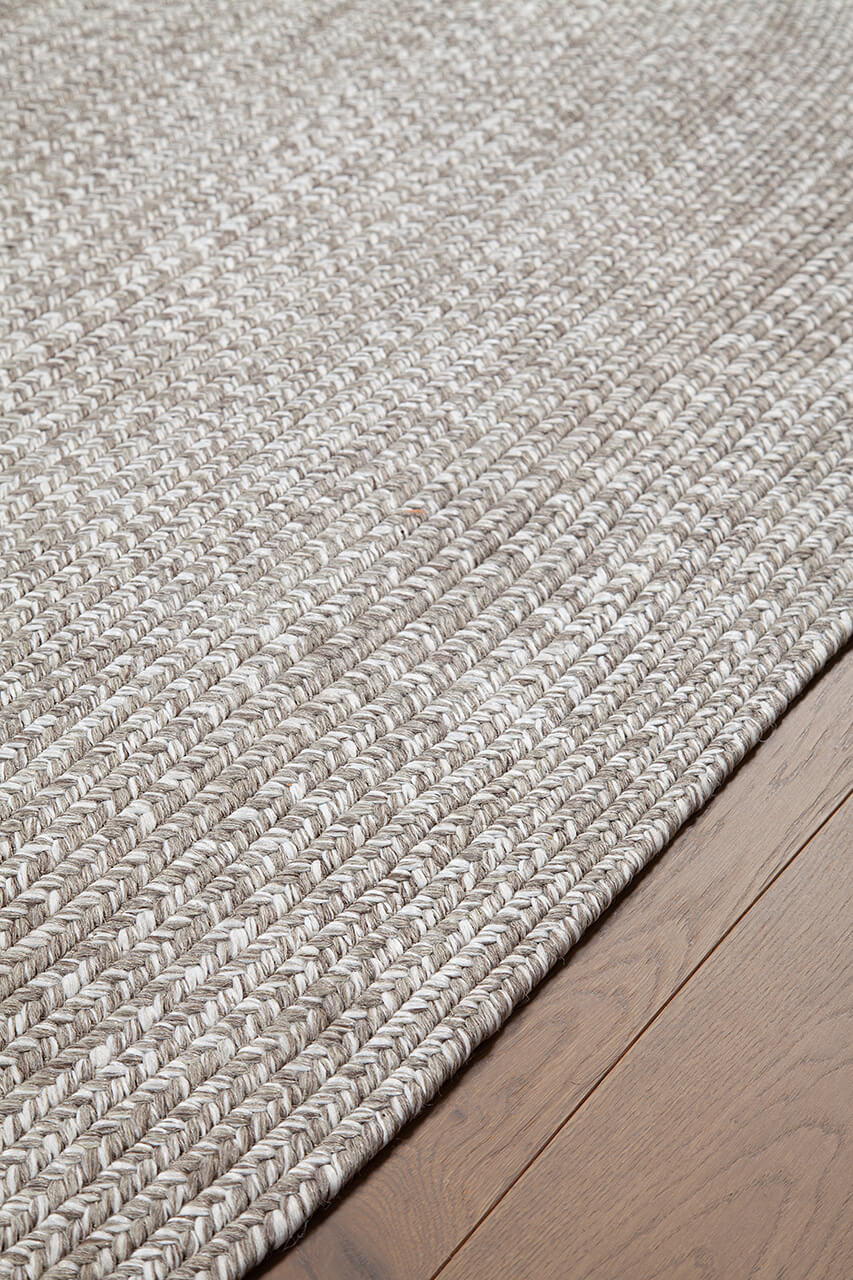
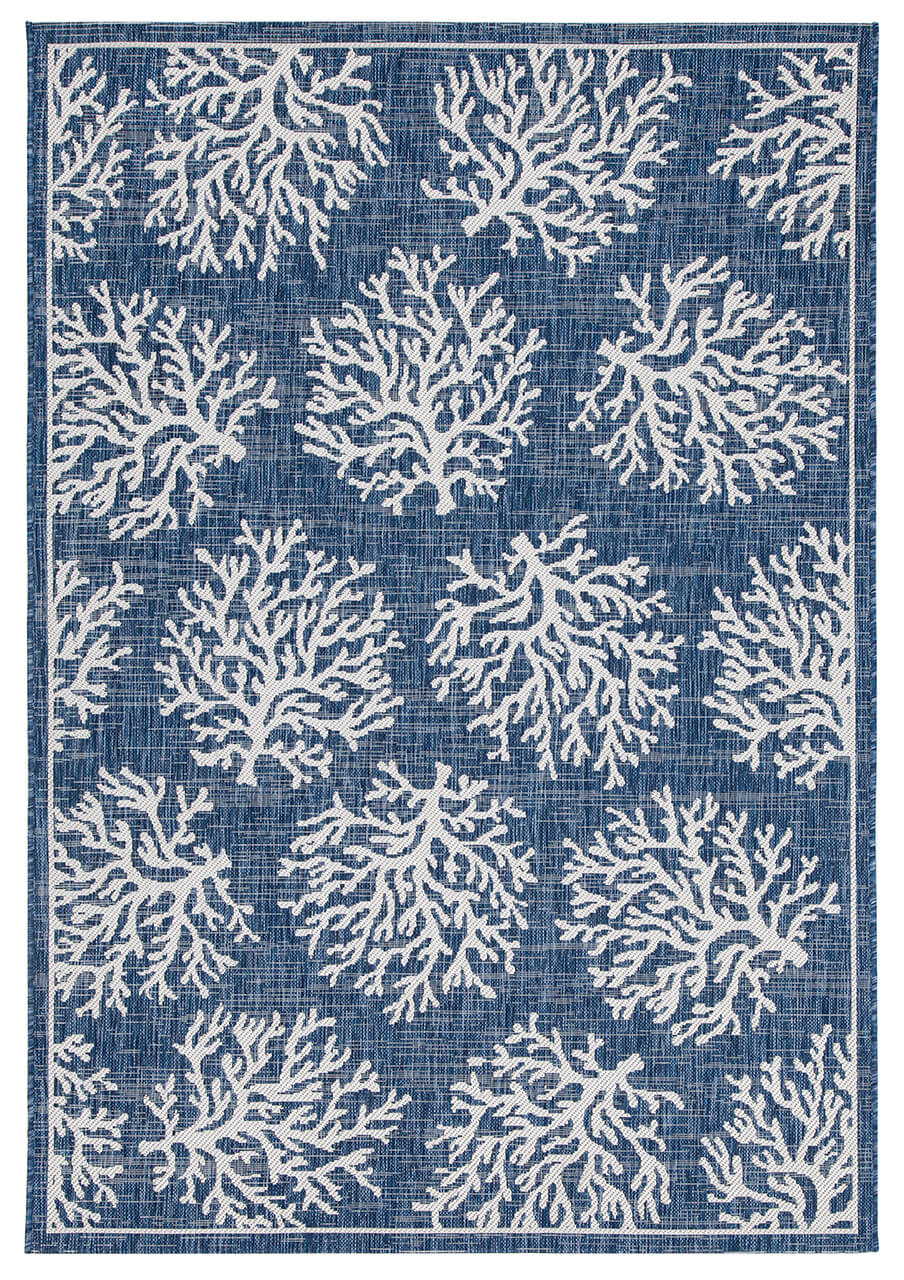
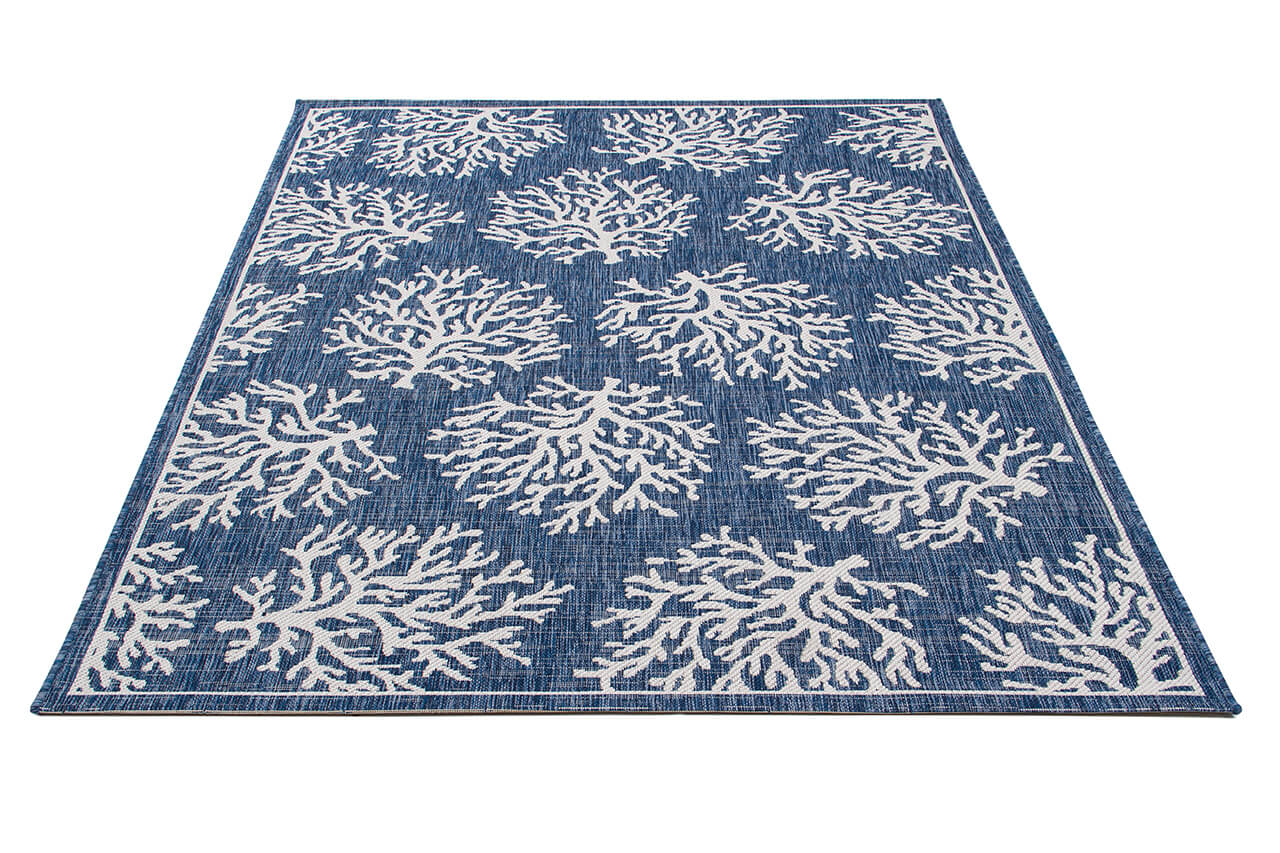

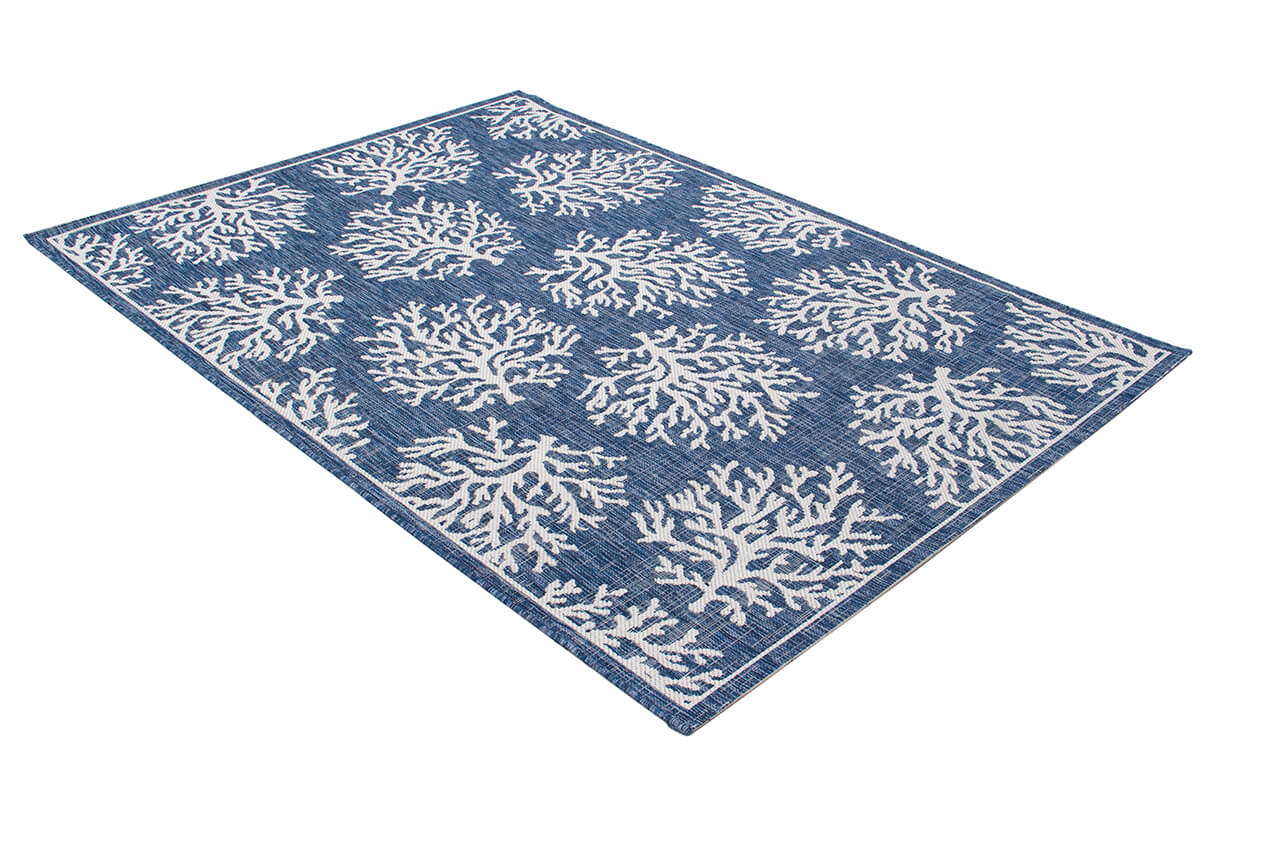
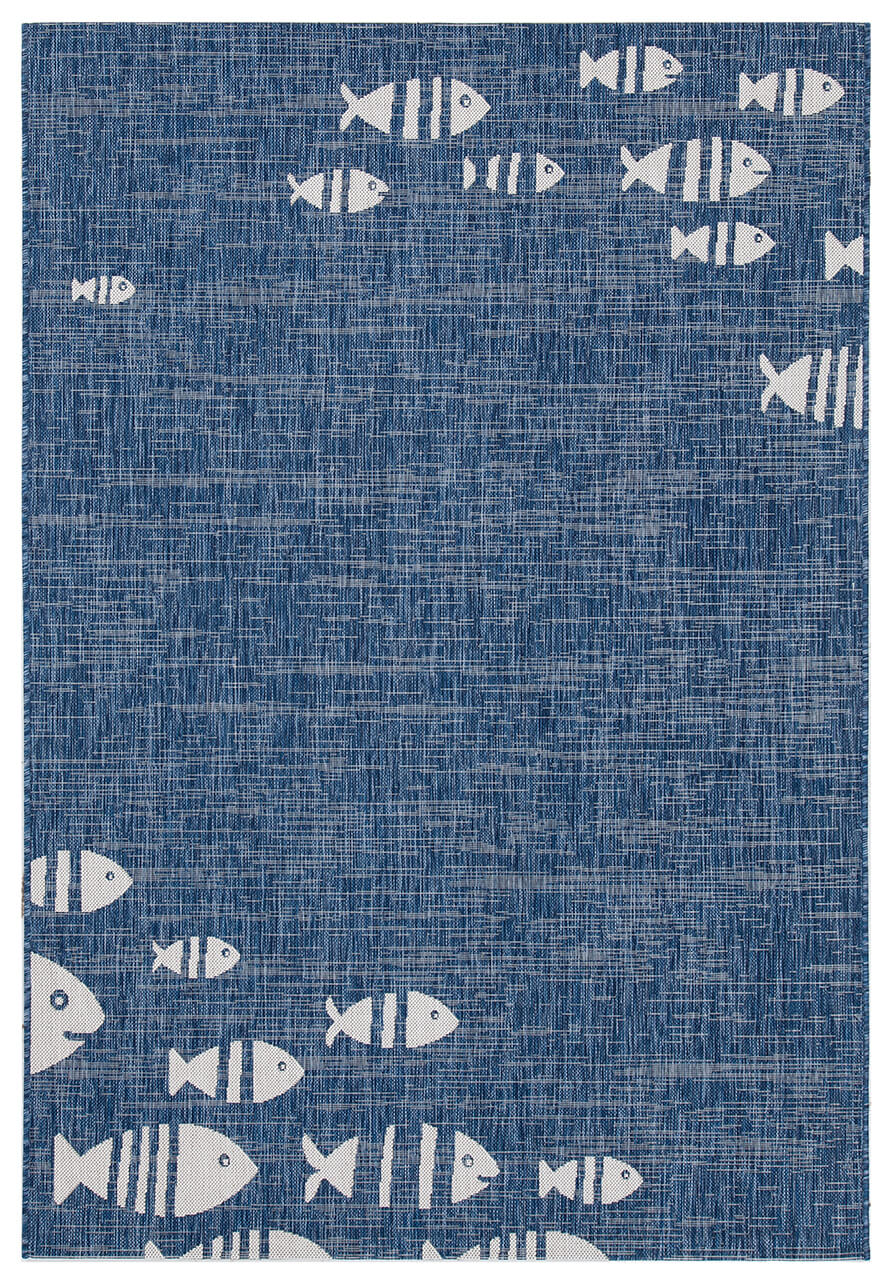
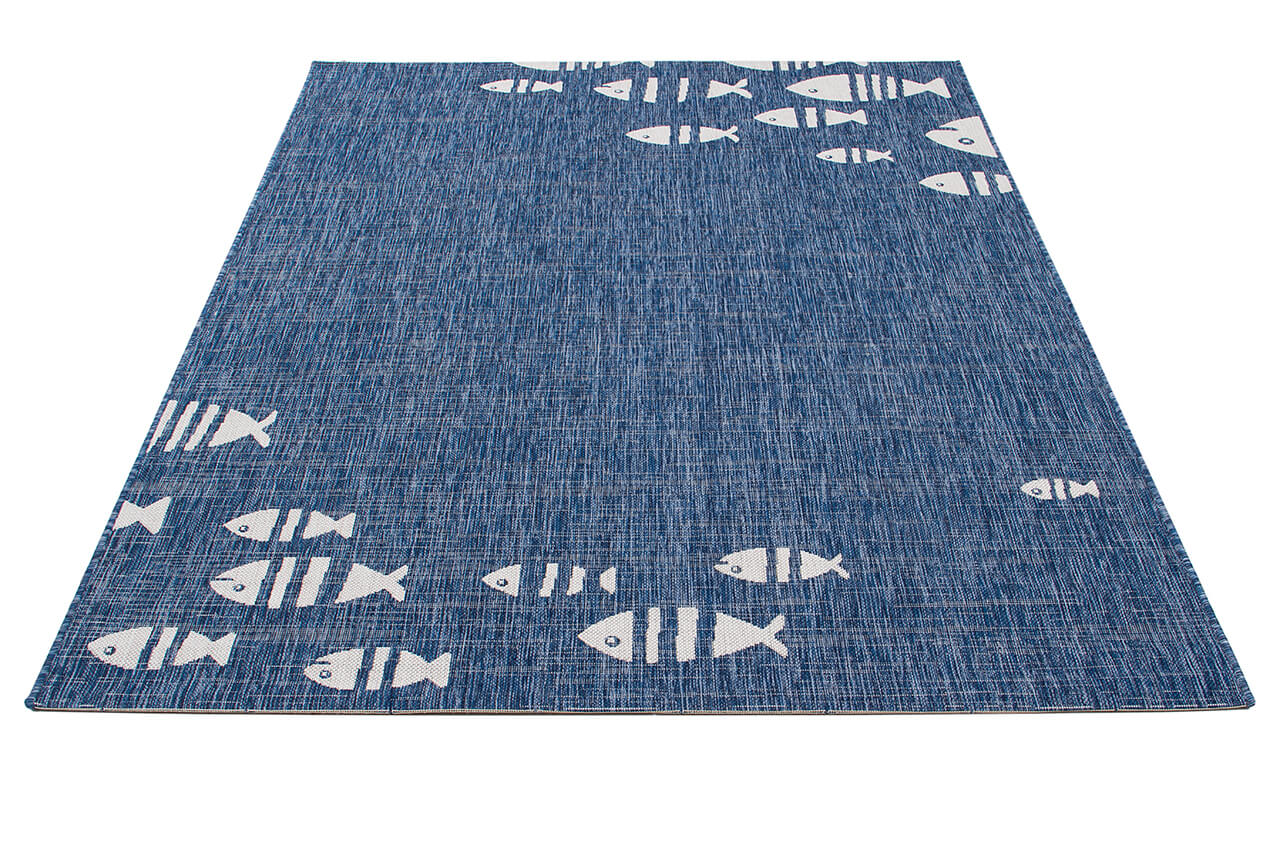

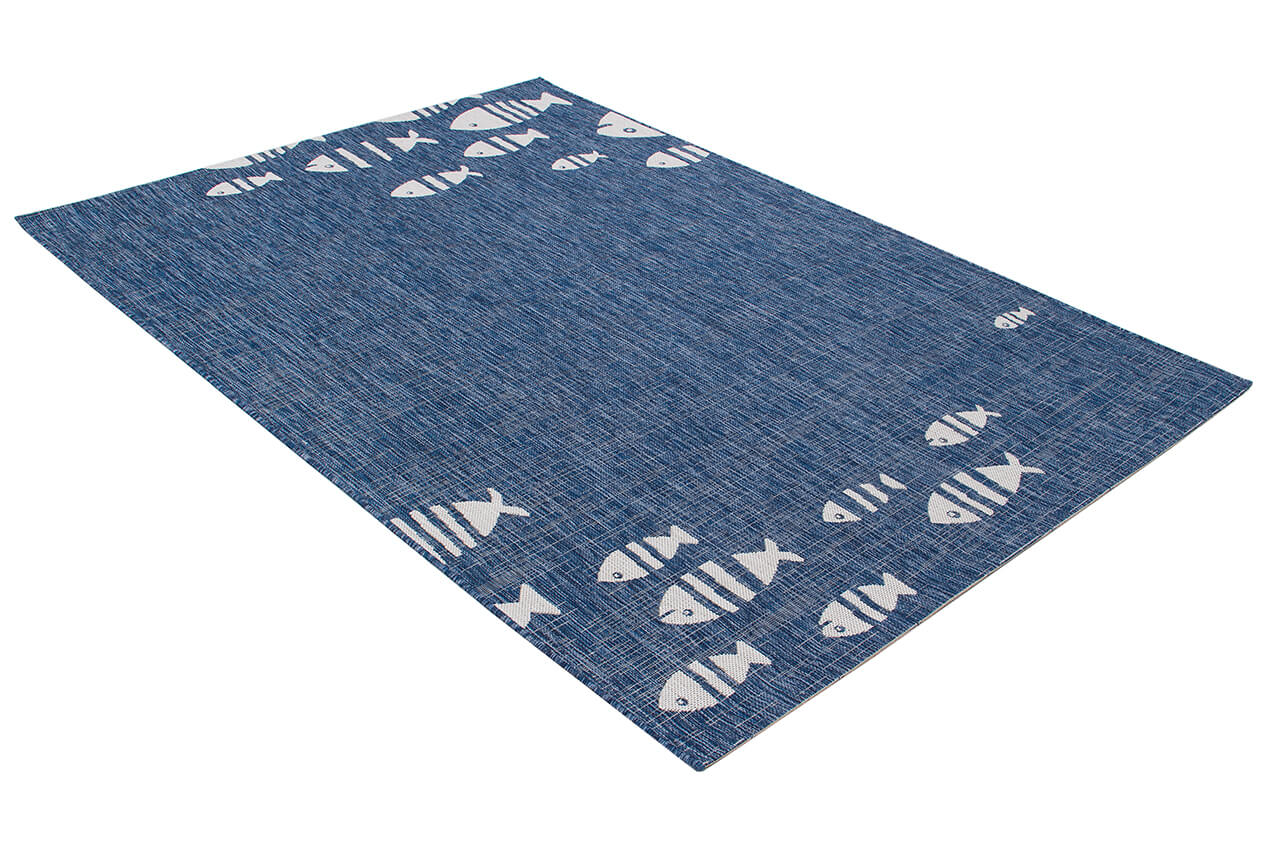
Share:
Rugs in the bedroom: where to place them and which ones to choose
How to choose the perfect outdoor rug: materials, sizes, and cleaning